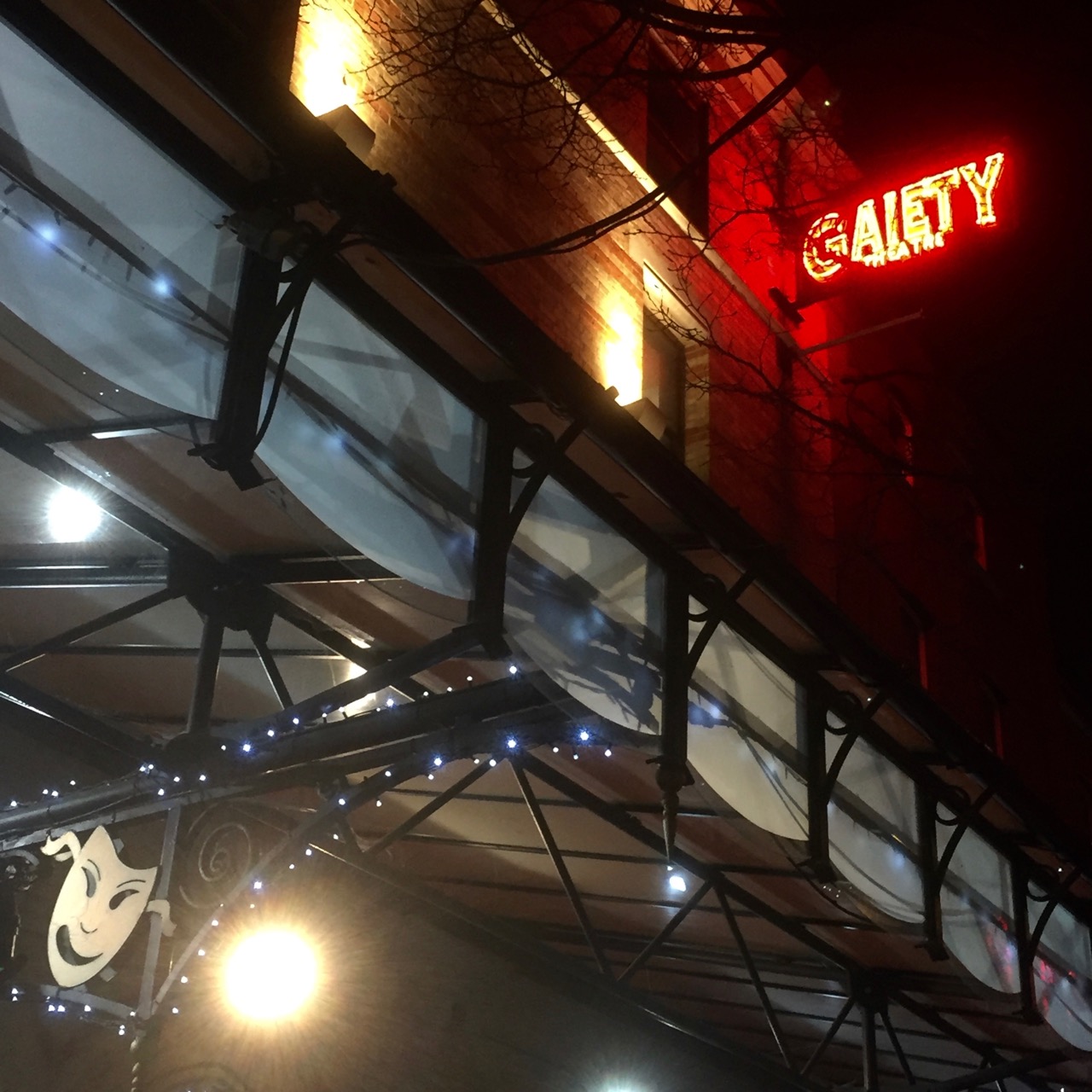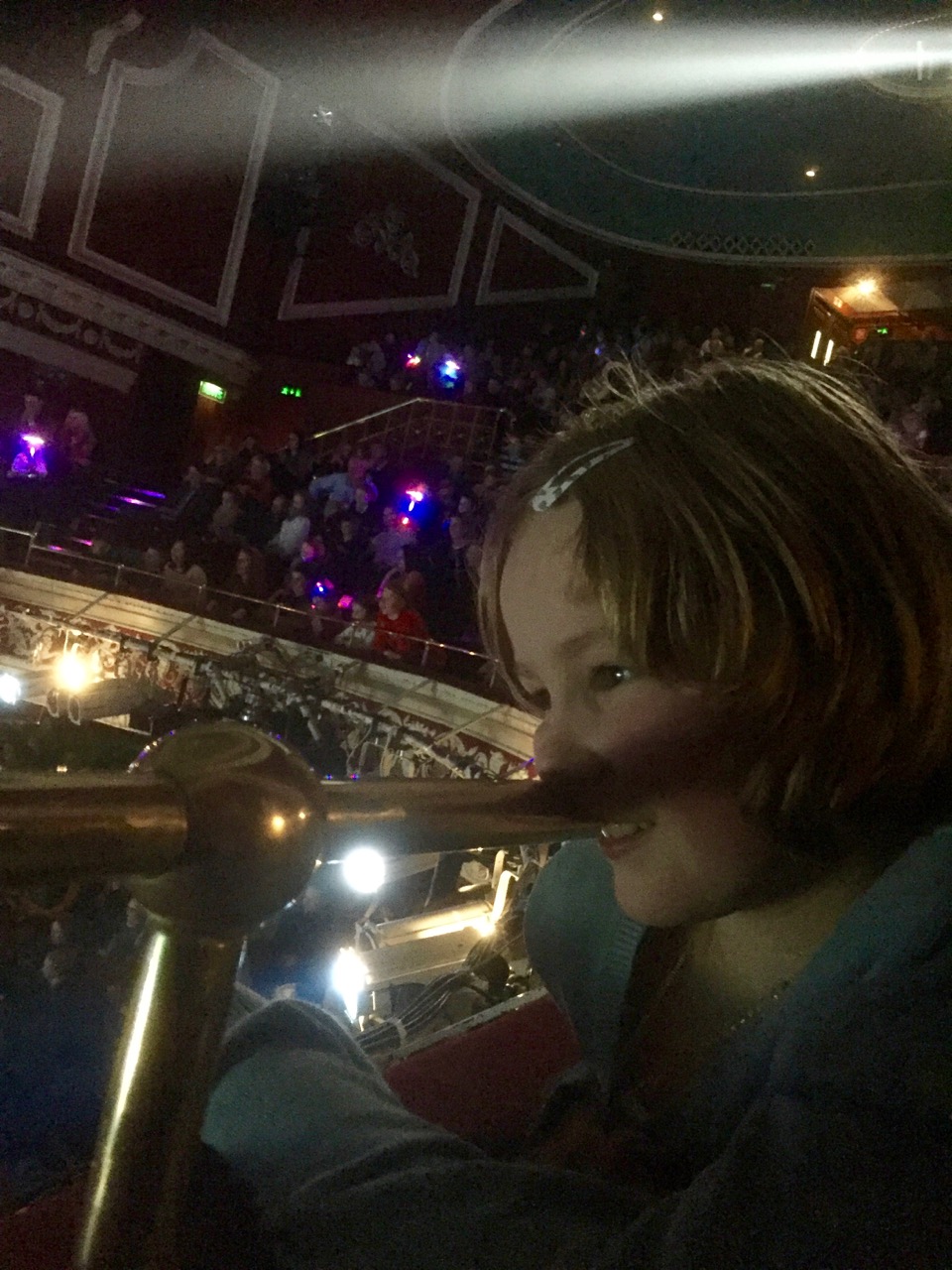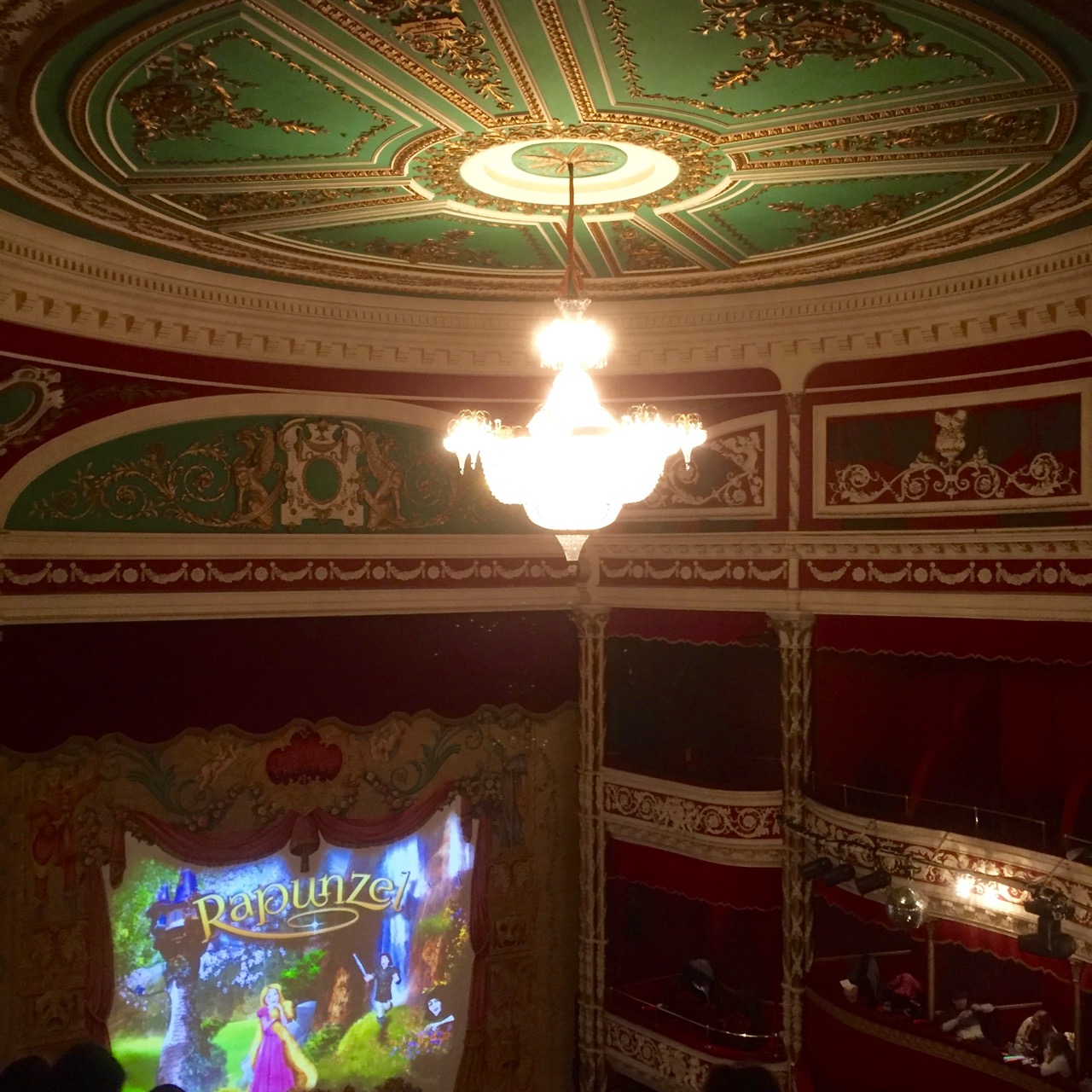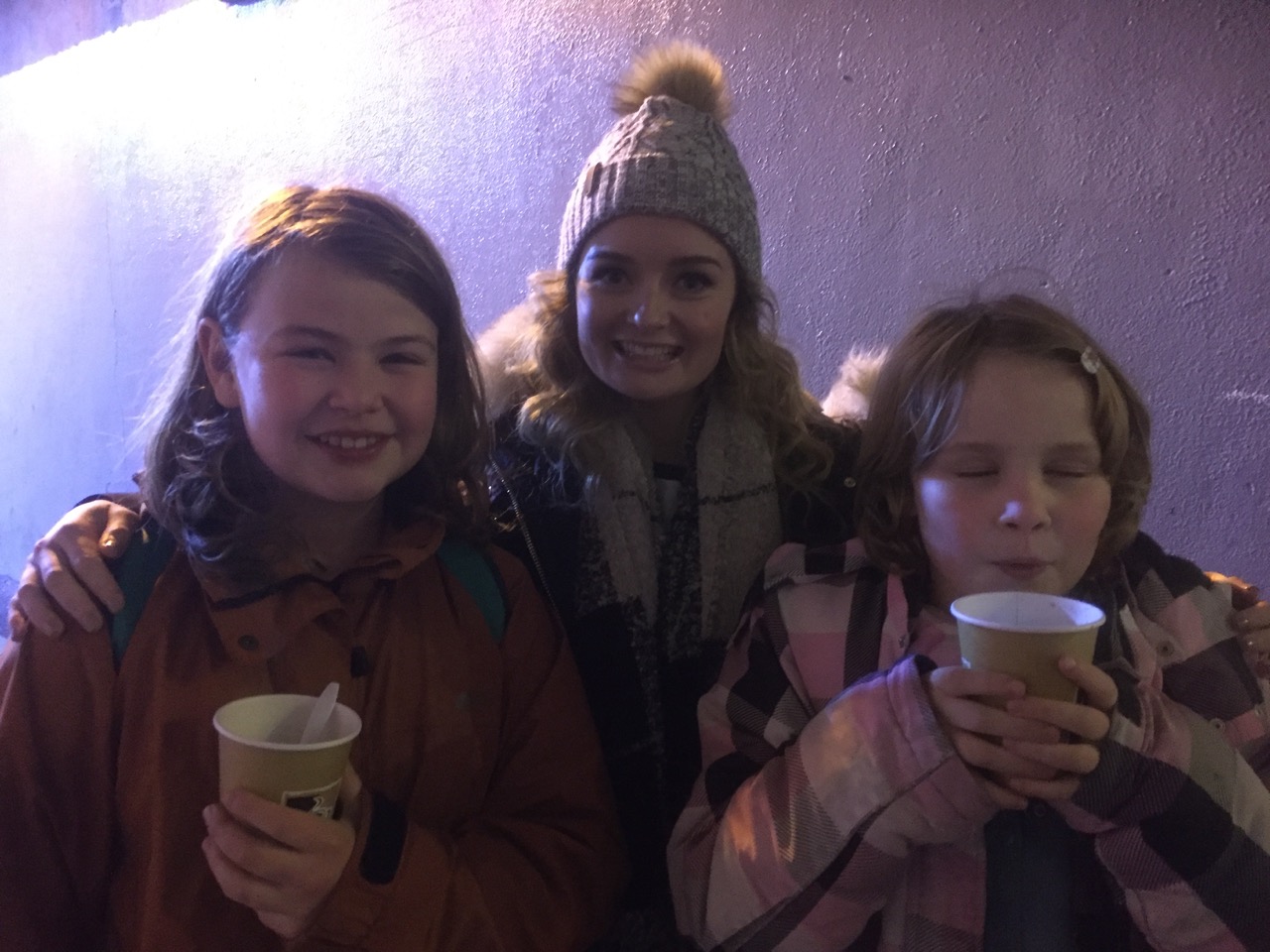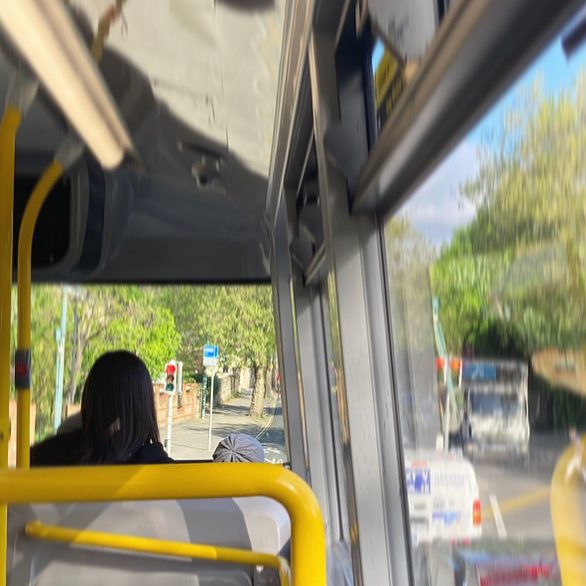
When I got on the No. 4 bus, near its starting point in Monkstown, it was empty and I could take my favourite seat, upstairs in the top right corner. That’s where you used to be able to look down through the window at the driver’s head below, but it’s now simply the best spot for a panoramic view over Dublin Bay as the bus trundles into town.
At the stop in Booterstown I saw some women with children and strollers and bags prepare to get on. They looked a little stunned, as if they weren’t yet used to the routine of boarding a Dublin bus, beeping their Leap cards, folding up the stroller, finding seats. They split in two and one mother came upstairs with two identical little girls, squeezing into a couple of seats down on the left side. They spoke quietly, in a language I recognised to be not quite Russian, the girls sounding a bit disgruntled. Without thinking, I turned around, stood up and nodded towards my choice seat at the front. The mother – who looked no older than 25 – smiled at me and nudged the squirming girls out of their seats and over to the front, while I went to sit further down the bus.
Sure enough, within a minute of settling into their new spot, I could hear their little voices brighten as they started to take in the city unfolding before them – the trees brushing against the windows, cyclists weaving around cars and trucks, people walking. Around Ballsbridge another No. 4 bus headed towards us and the excitement mounted: “babu babu” I heard – could that be Ukrainian for bus? The number four? The colour yellow? I’ll have to look it up sometime.
As much as the twin girls chattered and exclaimed – as only five year olds do best – their mother stayed quiet and barely moved her head. In the space given her, where her children could be distracted by the world, her thoughts must have aired themselves, her mind set free to loosen its worries.
And as much as her hair was straight and black, her daughters had heads of blonde under their matching glittery grey caps: hair they surely inherited from their father. Wherever their father was, just at that moment, I didn’t want to begin to imagine.
I too have been a mother with children on a bus in an unfamiliar country, in a new home that I was now meant to call home and live my life. I know the sense of dread that I might put the stroller in the wrong place, get off at the wrong stop, misunderstand and be embarrassed if someone speaks to me in a language I don’t yet speak.
14 years ago we moved to Oslo with my husband’s job and our second daughter was born there. Four days after she was born, we had to take the tram to the hospital for a checkup. Even before we left our cocoon of an apartment, I knew we’d be late and could miss our appointment. The February snow was heavy and seemed to blow straight in our eyes more than usual. The tram, when we stomped on board, was packed. I felt exhausted and weighed down by this new little creature I had strapped to my chest. There was no seat free, and not one person noticed me and offered me one. Heads were bent into phones, collars were up and hats were half pulled over faces. I held onto a pole, my legs weak and hot within my heavy coat.
My head started to swim with a feeling of being out of place, not wanted, not helped. I was too shy to ask for a seat or even stare anyone out of one. As some students got off, I fell into a seat. And I started to cry.
I’ll never forget that intense sadness and feeling of displacement, and it’s a chord deep inside me that was struck anew while I sat on that No. 4 bus last week as it made its way through the Spring-green avenues of south Dublin city.
My experience can barely begin to compare with the situation of the black-haired woman and her twins sitting ahead of me. Wasn’t I living in a country I had chosen to move to from another peaceful country, my husband was with me, we both had jobs and an apartment. I had a choice about being there. And freedom.
But it served as the barest frame of reference, to offer me some imagination to grasp what might be going on in the head, and heart, of this young mother, of all the mothers sitting on buses and Luases, pushing strollers to volunteer centres, cashing in Dunnes vouchers, settling babies down in stuffy hotel rooms, in Dublin, Waterford, Berlin, Warsaw, Tbilisi.
And I hope that my tiny action, of sharing my favourite seat might help for 20 minutes even one other mum, and two beautiful little girls. Girls who, I think, will surely be speaking Dublin English within the year.
At Merrion Square, as they made their way down the stairs, clutching hands as the bus swayed, I looked out the window. Even if the young mother were to look at me, I didn’t need to know.
